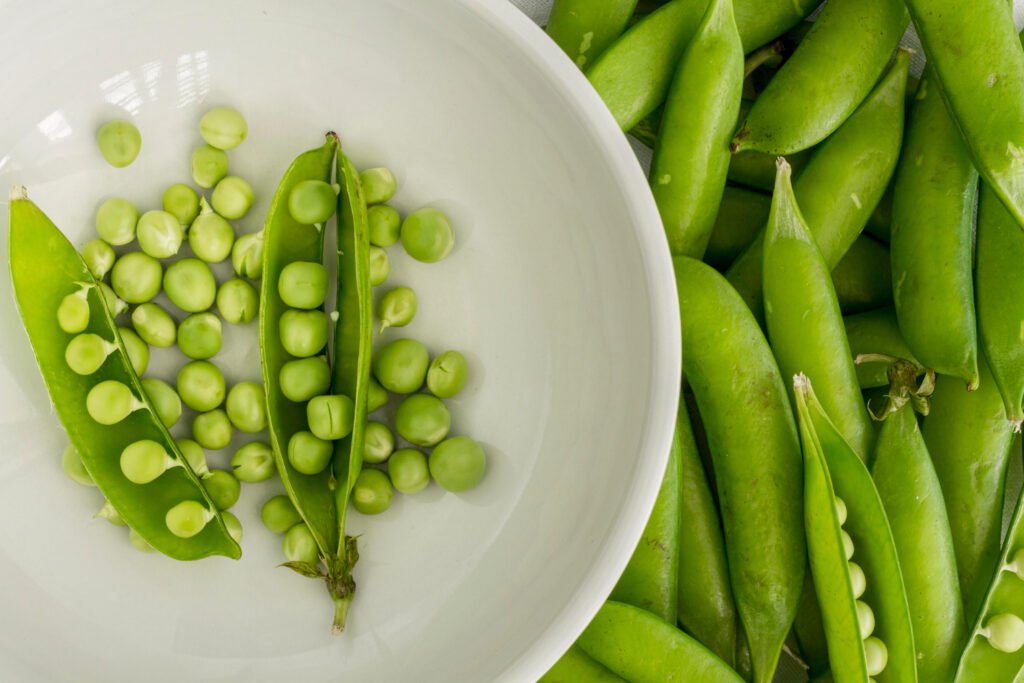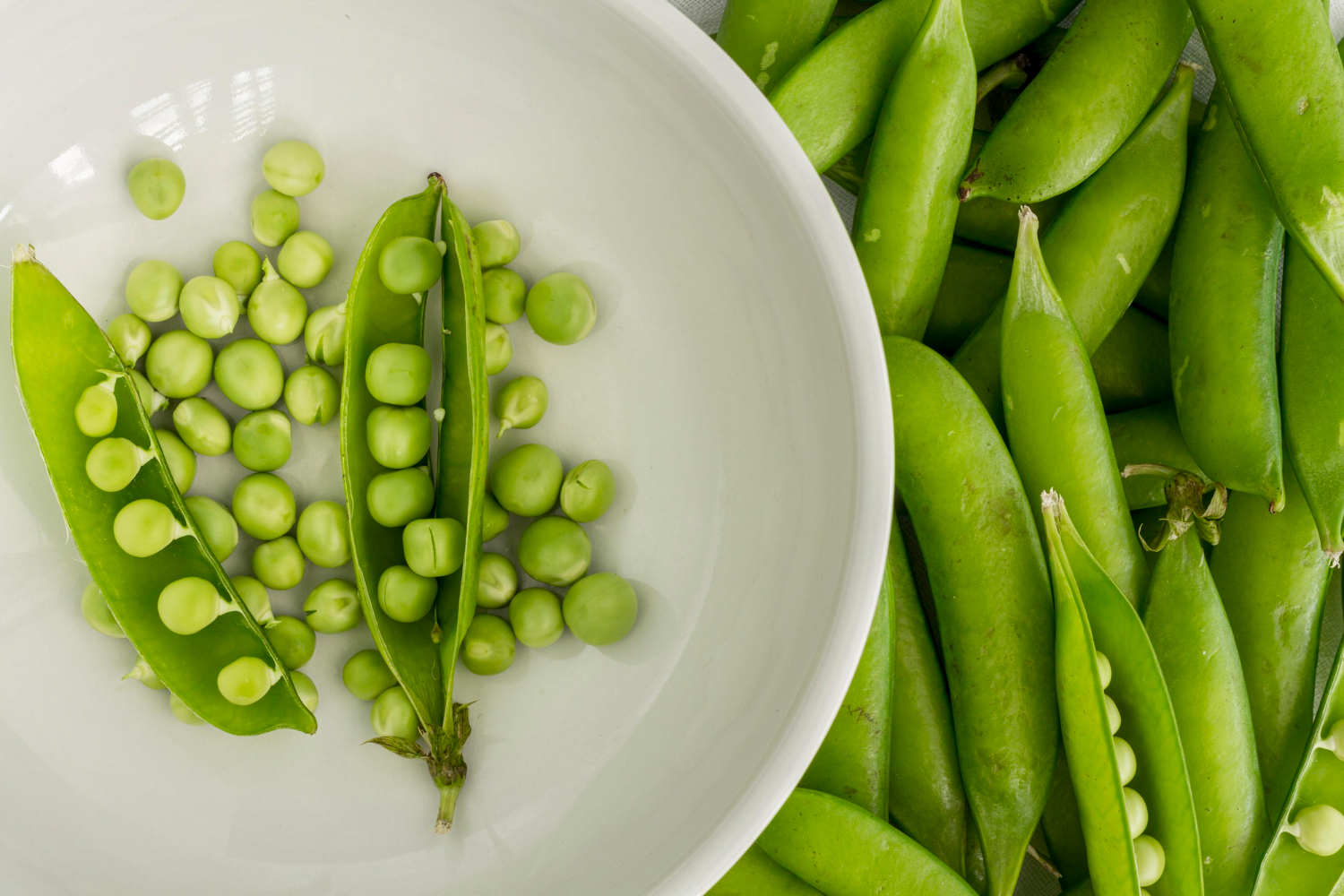
Table of Contents
Overview
Lima beans, also known as butter beans due to their creamy texture, are not just a delicious addition to meals but also a powerhouse of nutrition. They are rich in essential nutrients like protein, dietary fiber, and various vitamins and minerals that play a crucial role in supporting health. From promoting digestive health to supporting heart function, these legumes offer multiple benefits. This article provides an in-depth look into the nutritional value, health benefits, potential risks, and tips for including lima beans in your diet, making it a complete guide to understanding the role of lima beans in overall wellness.
Nutritional of Lima Beans
Lima beans are packed with essential nutrients that make them an excellent food choice for people of all ages. Here’s what you get from a cup of cooked lima beans (approximately 170 grams):
Calories: 209
Protein: 11.6 grams
Carbohydrates: 39.3 grams
Fiber: 13.2 grams
Fat: 0.5 grams
Iron: 25% of the recommended daily intake (RDI)
Magnesium: 21% of the RDI
Potassium: 19% of the RDI
Folate (Vitamin B9): 92% of the RDI
Manganese: 82% of the RDI
This rich nutrient profile highlights the importance of lima beans as a plant-based source of protein, fiber, and essential minerals, all of which contribute to various aspects of health.
Health Benefits of Lima Beans
Related : Health Benefits of Chia Seeds
Improves Digestive Health
One of the standout features of lima beans is their high fiber content. Fiber plays a vital role in promoting digestive health by encouraging regular bowel movements and preventing constipation. The insoluble fiber in lima beans adds bulk to the stool, aiding its passage through the digestive tract. Moreover, fiber acts as a prebiotic, feeding the beneficial bacteria in the gut, which supports overall gut health and helps in nutrient absorption.
Boosts Heart Health
Lima beans are heart-friendly due to their significant levels of potassium, magnesium, and fiber. Potassium helps balance sodium levels in the body, which can help in maintaining healthy blood pressure. High blood pressure is a major risk factor for heart disease, and keeping it in check reduces the chances of cardiovascular complications. Magnesium contributes to relaxing blood vessels, allowing for better blood flow and reduced pressure. Additionally, the soluble fiber in lima beans helps lower LDL cholesterol levels, further reducing the risk of heart disease and stroke.
Regulates Blood Sugar Levels
For individuals managing diabetes or prediabetes, lima beans are an excellent dietary option. The high fiber content slows down the absorption of sugars in the bloodstream, helping to maintain stable blood sugar levels. This can prevent the sudden spikes and crashes associated with high-sugar foods. In particular, the complex carbohydrates in lima beans provide a steady source of energy without causing abrupt changes in glucose levels, making them a good choice for diabetic patients and those aiming to manage their weight
Related : health benefits of chia seed water
Supports Weight Management
Lima beans can be an ally in weight management due to their low-calorie and high-protein content. Protein and fiber work together to promote satiety, which helps reduce overeating and aids in controlling portion sizes. Since lima beans are filling, they can help you feel satisfied for longer periods, reducing the likelihood of snacking between meals. This makes them an excellent food for those looking to maintain or lose weight in a healthy and sustainable way.
Prevents Iron Deficiency
Iron is a crucial mineral for producing red blood cells and preventing anemia. Lima beans are an excellent plant-based source of iron, especially for those who follow a vegetarian or vegan diet. Consuming lima beans can help boost iron intake, which is essential for preventing symptoms like fatigue, weakness, and shortness of breath that are associated with iron deficiency. However, pairing lima beans with vitamin C-rich foods (such as citrus fruits or bell peppers) can enhance iron absorption in the body.
Enhances Bone Health
Magnesium, calcium, and phosphorus present in lima beans are essential minerals for maintaining bone density and health. Magnesium plays a key role in converting vitamin D into its active form, which is necessary for calcium absorption. A diet rich in these minerals helps reduce the risk of osteoporosis and other bone-related issues, especially in older adults.
Rich in Antioxidants
Related : Water-Rich Foods to Keep You Hydrated
Lima beans are a good source of antioxidants, which protect the body from oxidative stress caused by free radicals. Oxidative stress can lead to cellular damage and increase the risk of chronic diseases like cancer and heart disease. By consuming lima beans, you can increase your intake of antioxidants, which support the body in fighting off inflammation and maintaining cellular health.
Potential Risks of Lima Beans
While lima beans offer several health benefits, there are some risks to be aware of:
Raw Lima Beans Contain Toxins
Raw lima beans contain a natural compound called linamarin, which can break down into cyanide, a toxic substance. This makes raw lima beans dangerous to consume. It is crucial to cook lima beans thoroughly to eliminate this toxin and make them safe for consumption. Boiling them for at least 10 minutes is recommended to destroy the linamarin.
Digestive Discomfort
Lima beans are rich in fiber, which can sometimes cause digestive discomfort such as bloating or gas, especially in people who are not accustomed to high-fiber diets. To minimize this risk, it’s recommended to increase fiber intake gradually and drink plenty of water to help the fiber move smoothly through the digestive system.
Phytic Acid
Like other legumes, lima beans contain phytic acid, which can interfere with the absorption of minerals such as iron, calcium, and zinc. However, soaking lima beans before cooking can reduce phytic acid content and enhance mineral absorption
Related : Top Iron-Rich Foods to Boost Your Health
Tips for Cooking and Including Lima Beans in Your Diet
Here are some tips on how to prepare and enjoy lima beans safely and deliciously:
- Soak Before Cooking
Soaking lima beans for several hours or overnight before cooking can help reduce cooking time and remove some of the naturally occurring compounds that may cause digestive discomfort. After soaking, be sure to discard the soaking water and rinse the beans well. - Cook Thoroughly
Always cook lima beans for at least 10-15 minutes to neutralize the linamarin toxin. Boiling is the most effective way to ensure lima beans are safe to eat. - Incorporate into Various Dishes
Salads: Add cooked lima beans to green salads or grain bowls for extra texture and nutrition.
Soups and Stews: Lima beans make an excellent addition to soups and stews, providing a hearty and satisfying texture.
Hummus and Dips: Blend cooked lima beans with olive oil, garlic, and herbs for a creamy, nutritious dip.
Side Dish: Sauté lima beans with onions, garlic, and a sprinkle of herbs for a quick and nutritious side dish.
- Pair with Vitamin C-Rich Foods
To enhance iron absorption, pair lima beans with foods high in vitamin C, such as tomatoes, bell peppers, or citrus fruits. This is especially beneficial for vegetarians and vegans who rely on plant-based sources of iron.
The Takeaway
Lima beans are a nutrient-dense legume that offers numerous health benefits, from improving digestive health and regulating blood sugar to supporting heart function and boosting bone strength. With their rich content of protein, fiber, and essential vitamins and minerals, lima beans can play a vital role in a balanced diet.
However, it’s important to prepare them properly to avoid potential risks such as digestive discomfort or toxin exposure from raw beans. When cooked thoroughly, lima beans are a safe, versatile, and delicious addition to a wide variety of dishes.
Incorporating lima beans into your meals is a simple and effective way to enjoy their many health benefits while maintaining a healthy and balanced diet. Whether you’re looking to enhance your heart health, stabilize blood sugar, or simply add more plant-based protein to your diet, lima beans are an excellent choice for anyone aiming for better overall wellness
Frequently Asked Questions
- Are lima beans healthy?
Yes, lima beans are highly nutritious. They are a great source of protein, fiber, vitamins, and minerals such as iron, magnesium, potassium, and folate, all of which contribute to various health benefits like improved digestion, heart health, and blood sugar regulation.
- Can lima beans help with weight loss?
Yes, lima beans can support weight loss due to their high fiber and protein content. These nutrients help you feel fuller for longer, reducing the likelihood of overeating and snacking between meals.
- Are lima beans safe to eat raw?
No, raw lima beans are not safe to eat. They contain a toxin called linamarin, which can release cyanide when consumed. Cooking lima beans thoroughly neutralizes the toxin, making them safe to eat.












